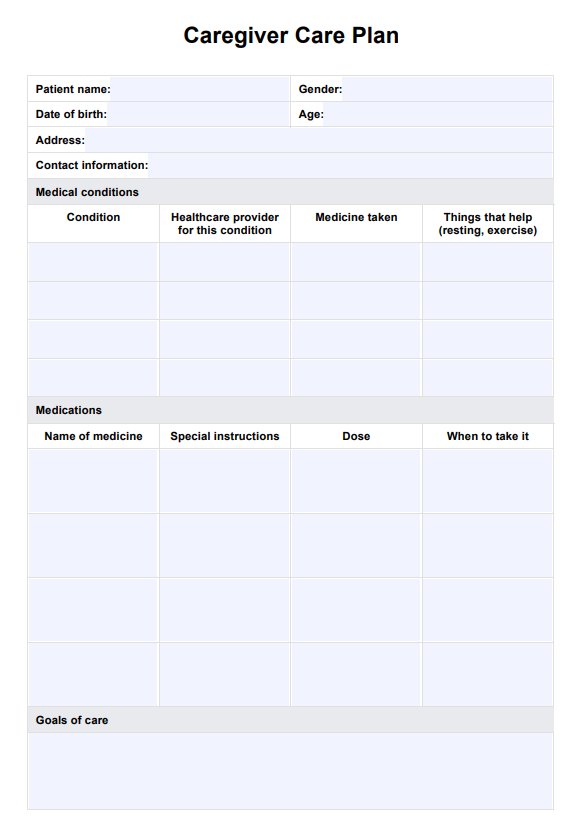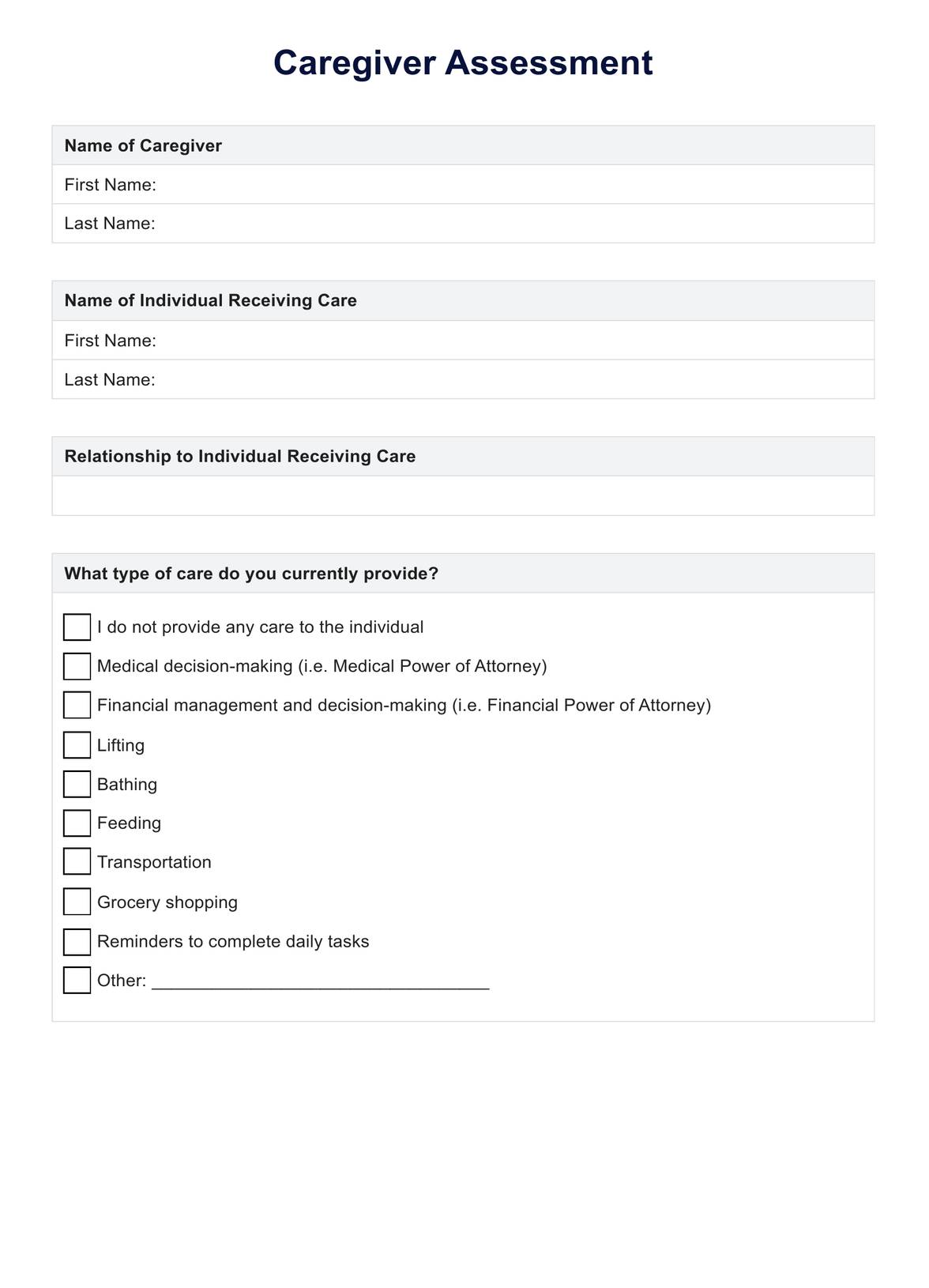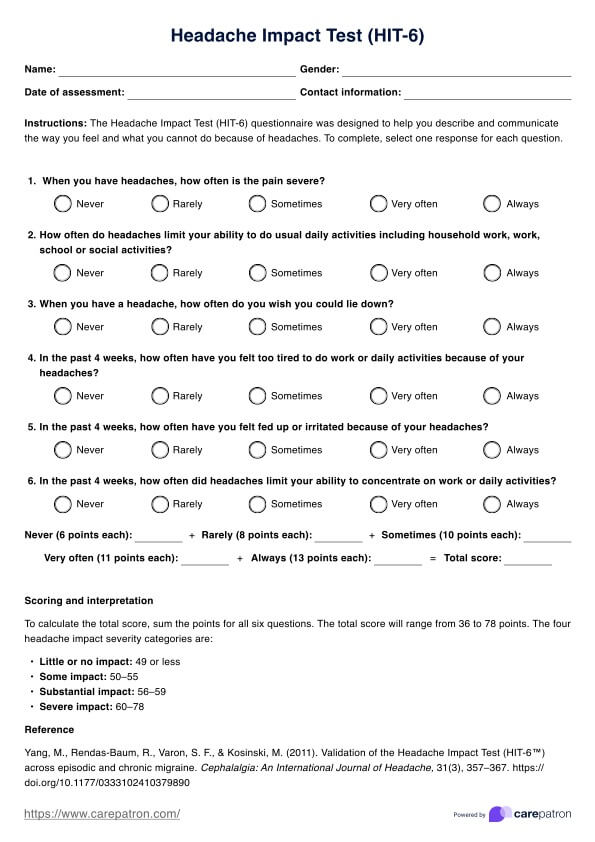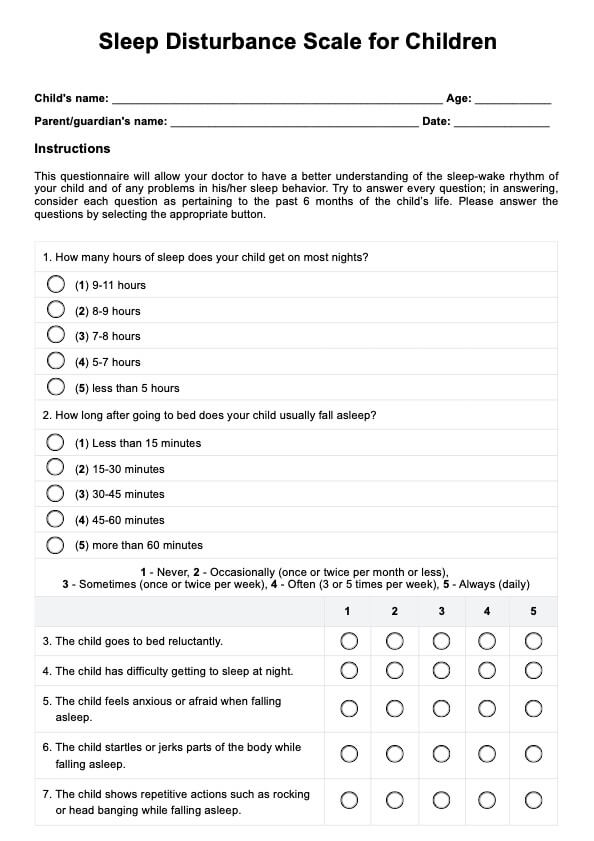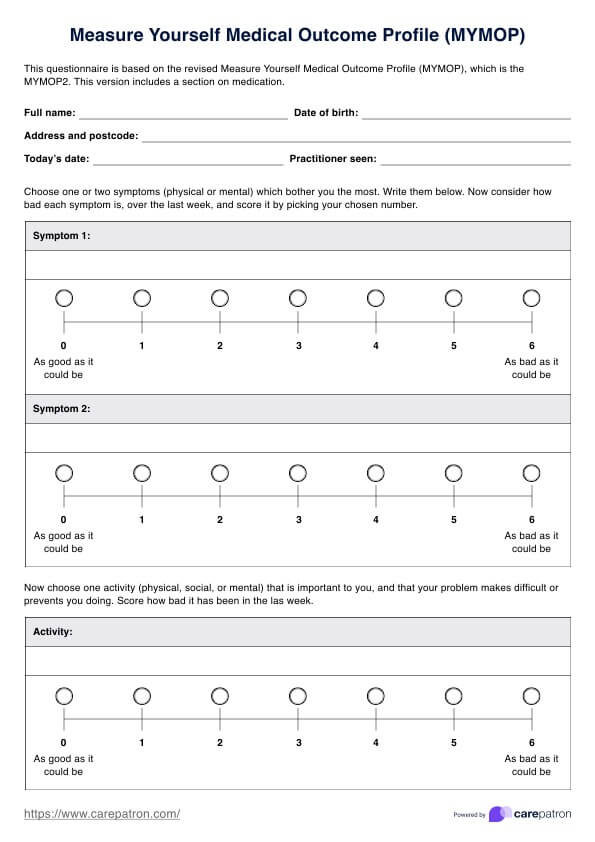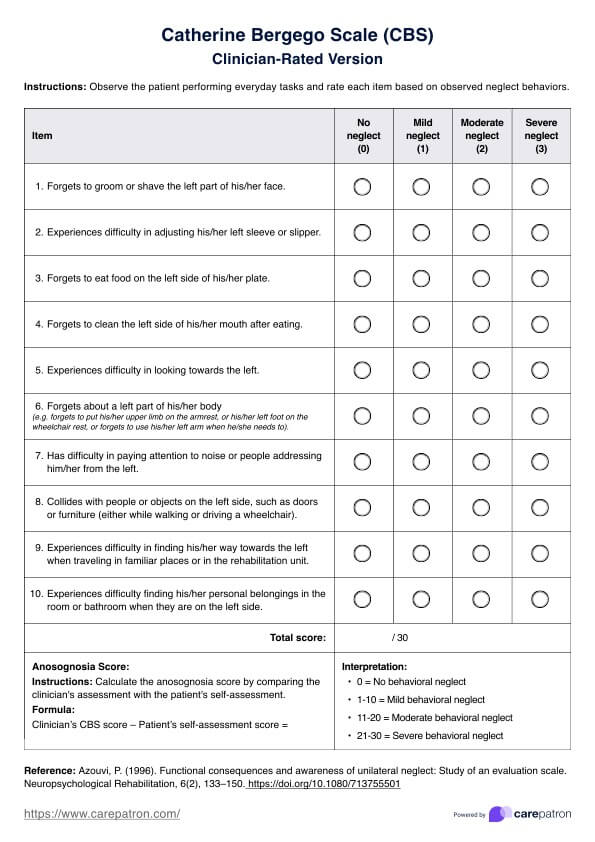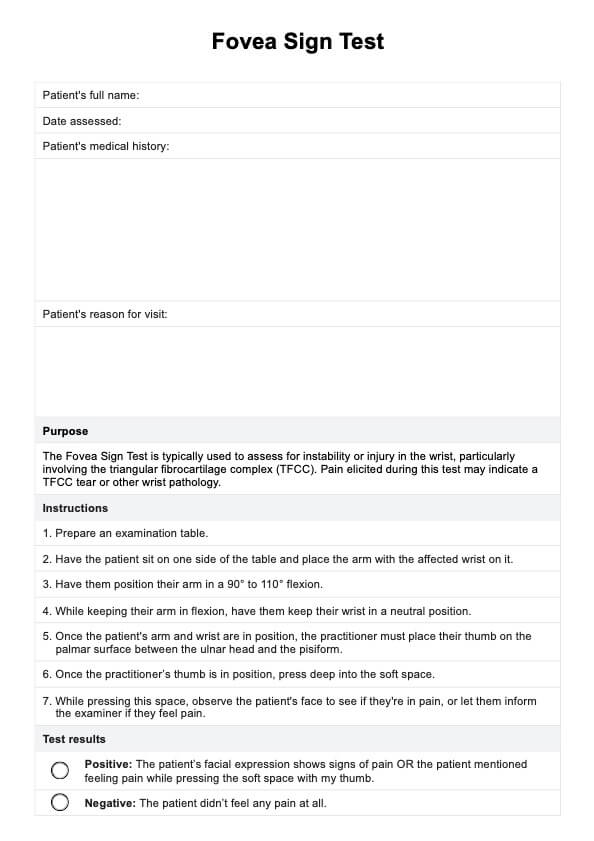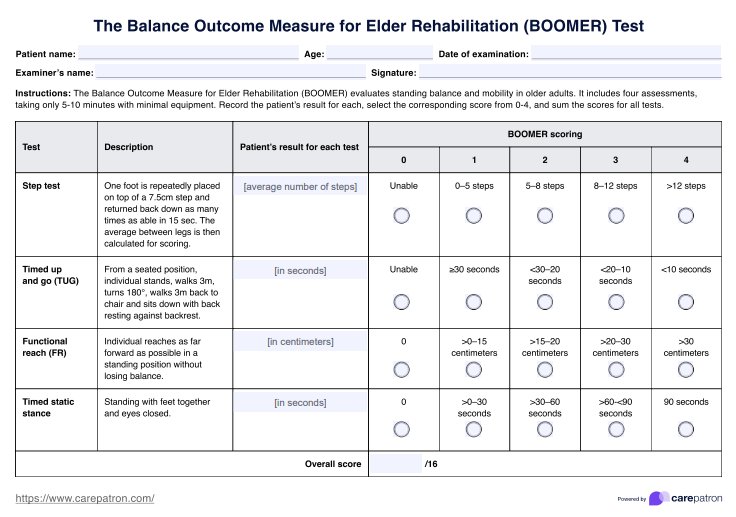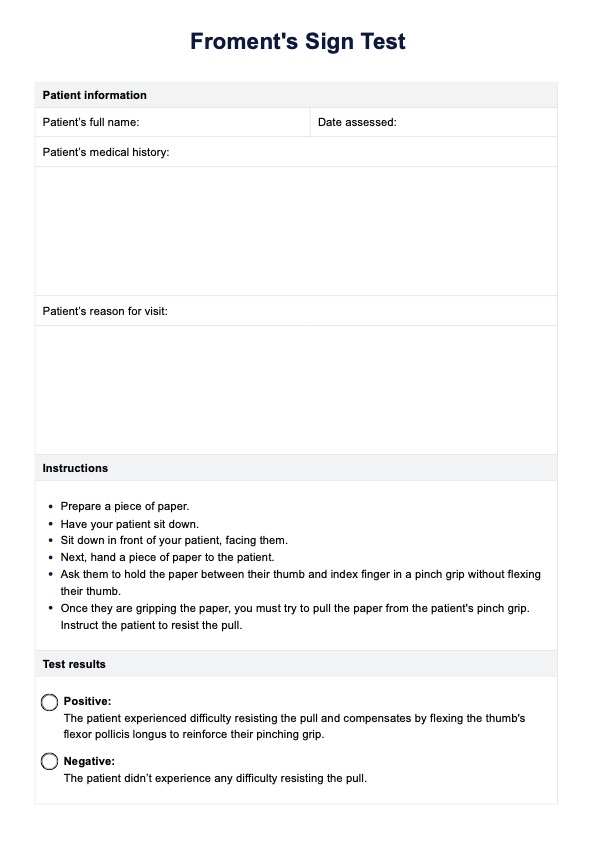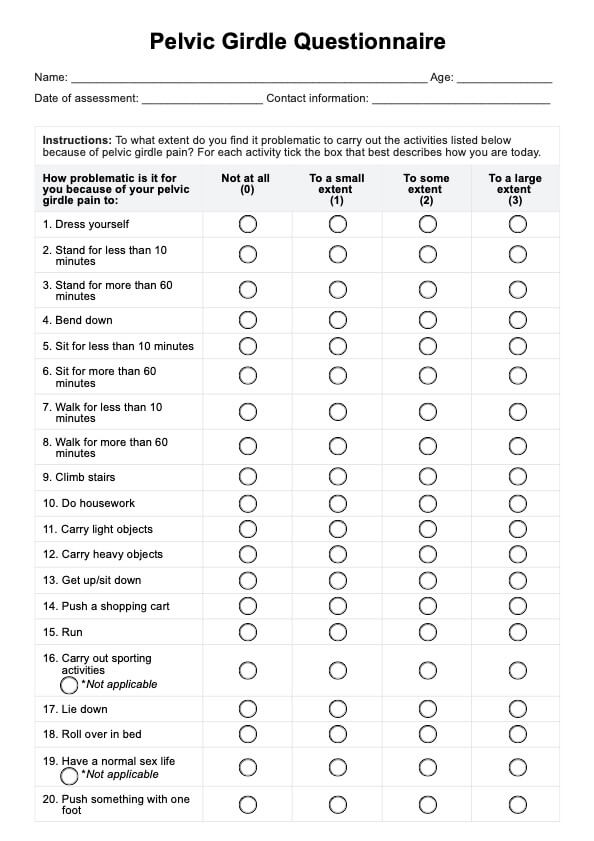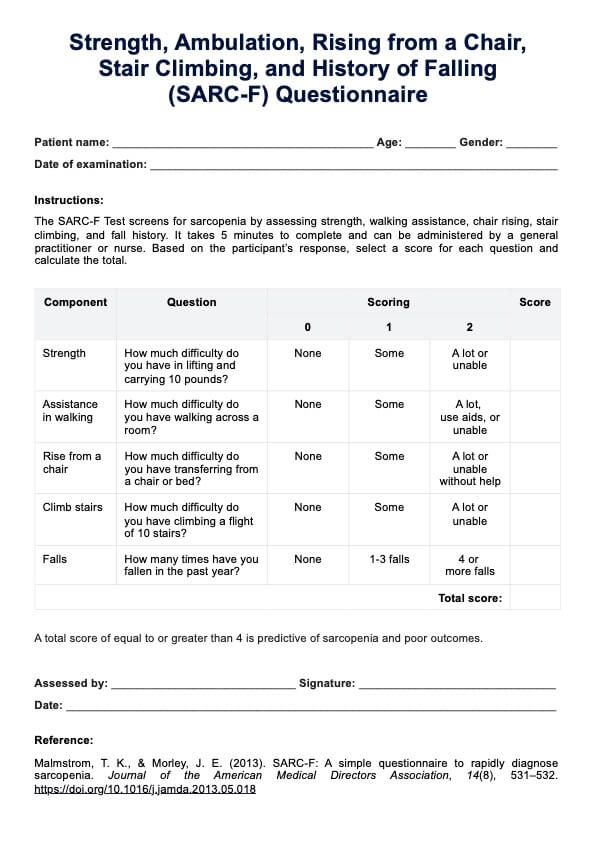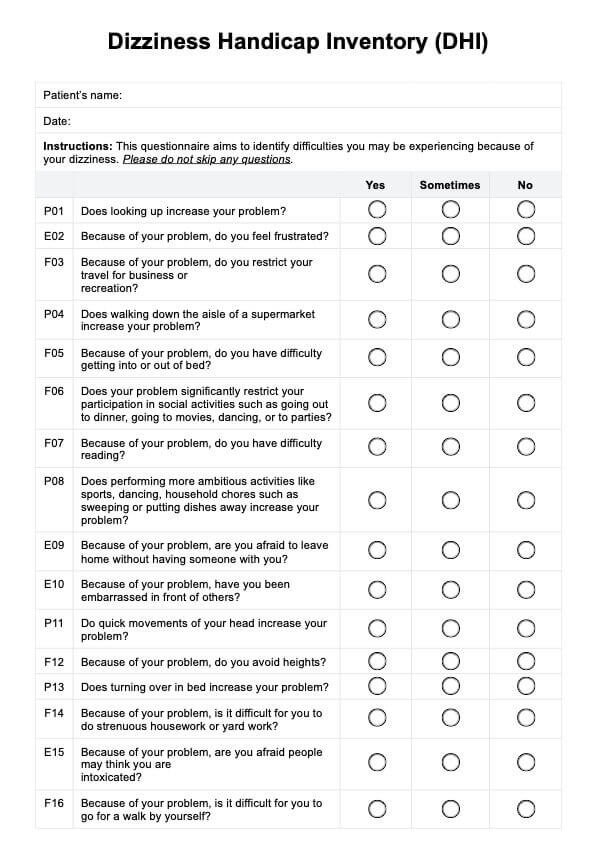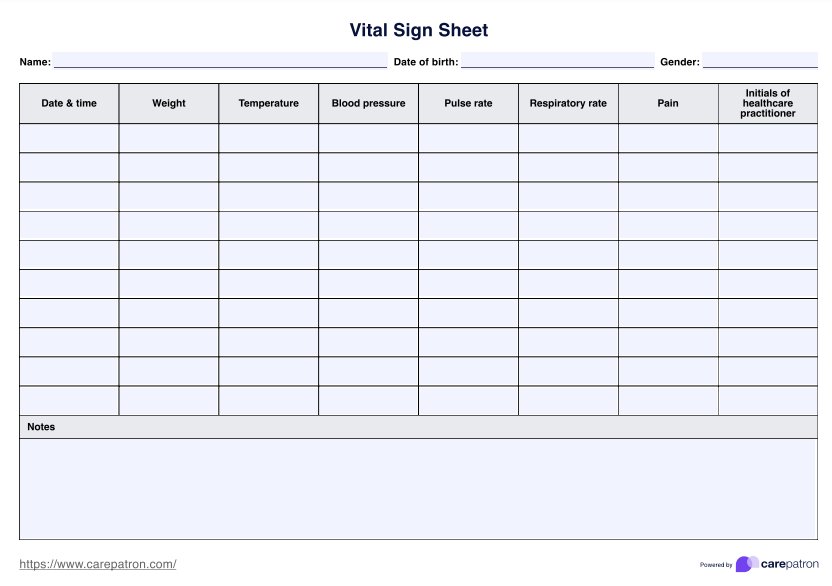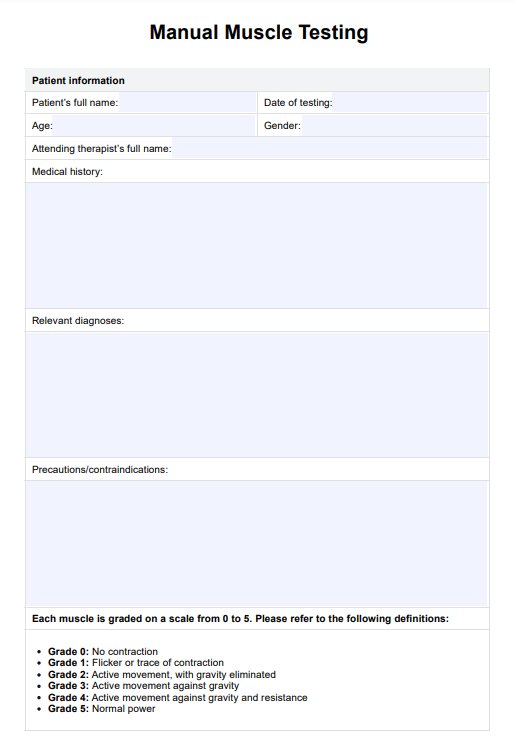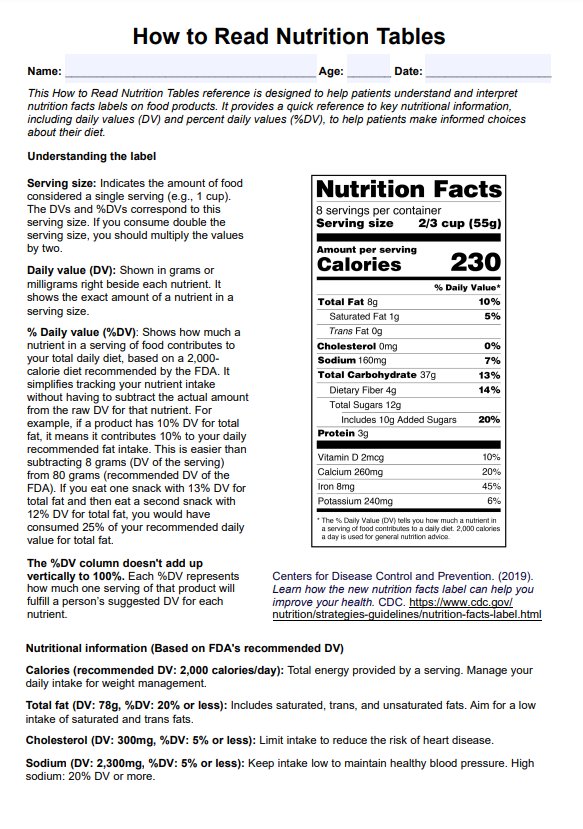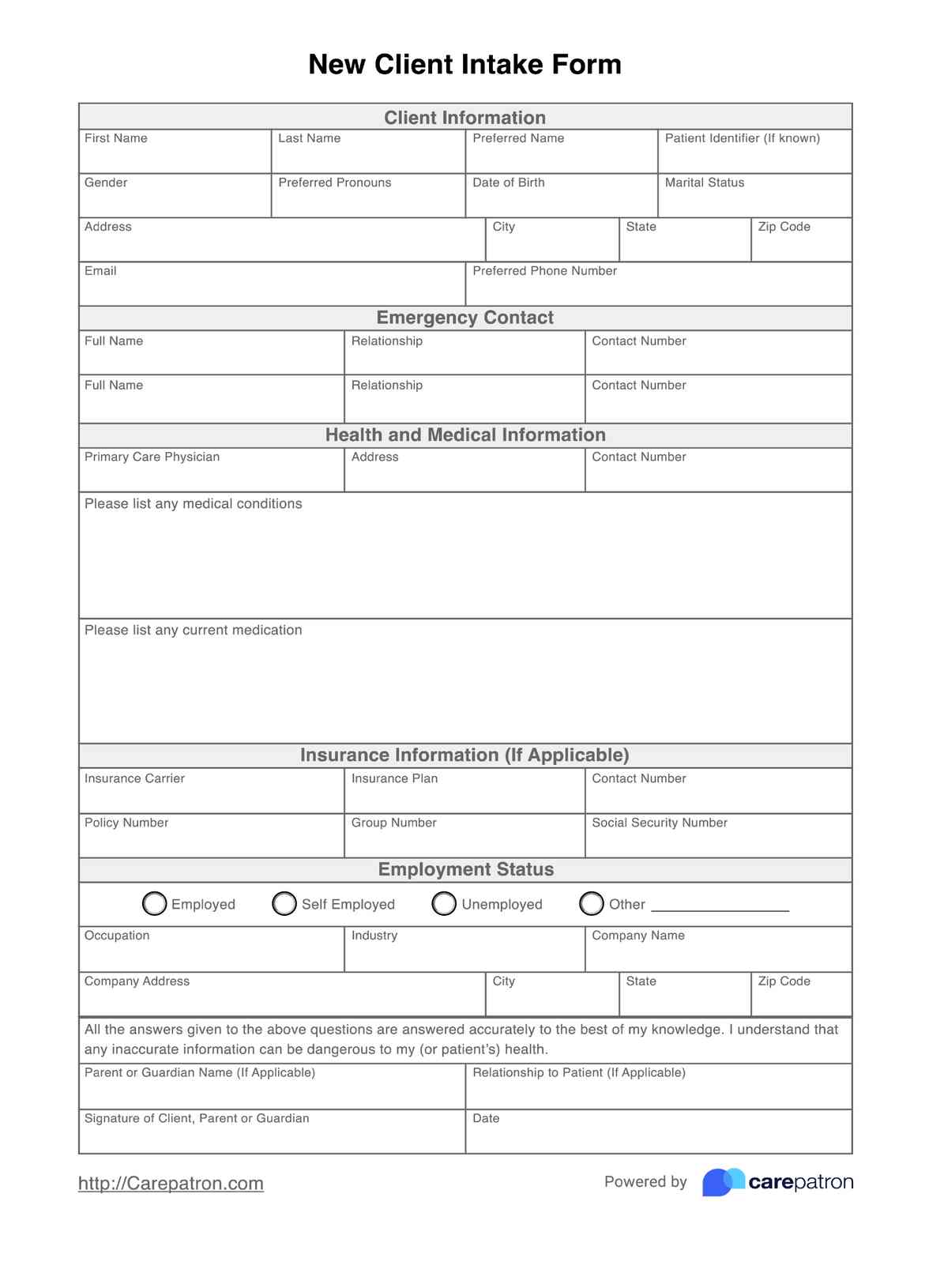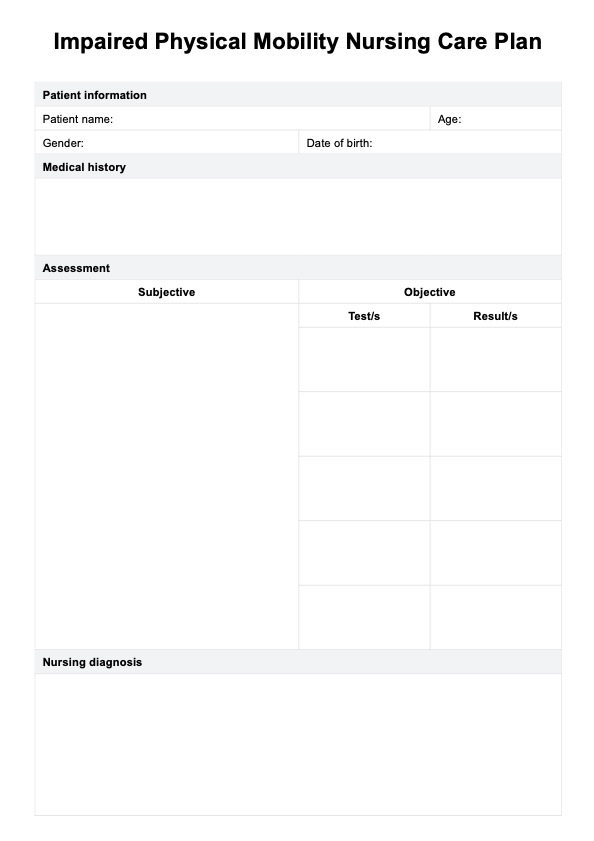Caregiver Care Plan
Streamline care planning with our Caregiver Care Plan Template to document comprehensive information and considerations in patient care.


What is a Caregiver Care Plan Template?
Caregivers are the backbone of support for millions of people who need help with daily living. Whether looking after a family member, an aging parent, a child with special needs, or a partner with a chronic illness, these dedicated individuals handle complex medical, emotional, and practical challenges every day.
A Caregiver Care Plan Template offers a simple but powerful framework that helps turn these often overwhelming responsibilities into a manageable system of care. With a clear way to document needs, tasks, and resources, these templates help make sure nothing falls through the cracks while supporting the physical, mental, and emotional health of the person receiving care and those giving it.
The template is both a guide for consistent care and a communication tool among family caregivers, professional helpers, care team members, and healthcare providers. They share important details about preferences, routines, and warning signs that might otherwise take weeks to learn through experience.
Caregiver Care Plan Template
Caregiver Care Plan Example
How does this care plan for caregivers work?
This Caregiver Care Plan Template is a practical tool that organizes and clarifies the caregiving process. When properly implemented, it creates a centralized information hub that all care team members can reference to reduce confusion and improve care coordination. Here's how you can use the template in the care planning process:
Step 1: Download the template
Click on "Download" to get a PDF copy of the template you can give to the patient's professional or family caregiver. You can also personalize the template by clicking "Use template" to edit it within the Carepatron platform.
Step 2: Complete basic information and medical details
Begin this caregiving plan by working with the patient, their primary caregiver or the patient's family members, to fill in the basic identifying information at the top of the form. List each medical condition along with the corresponding healthcare provider, medications taken, and non-pharmaceutical interventions that help manage symptoms. The medications section should be completed with particular attention to detail, including special instructions that might not appear on prescription labels.
Step 4: Plan goals of care and interventions
In this section, the care goals, either short-term or long-term, are set. Then, thoroughly document planned interventions and their rationale to help attain the set goals, and improve the patient's holistic health and quality of life.
Step 4: Document support network and healthcare connections
In the emergency contacts and healthcare providers sections, record all relevant people who may need to be reached regarding the patient's care, including family members who may be concerned about their loved one's health, other professional caregivers, community resources, or even legal professionals. This creates a quick reference guide during emergencies or when questions arise about specific aspects of care.
Step 5: Address advanced care planning and legal considerations
Document important legal and insurance information in the advanced care planning section. Include details about medical power of attorney, healthcare proxy arrangements, and the insurance provider.
Step 6: Personalize with specific instructions and regular updates
Use the instructions and important considerations section to document any personalized care approaches, preferences, daily tasks, routines, or specific warning signs that caregivers should watch for. This might include details about the patient's typical daily schedule, food preferences, communication methods if speech is impaired, or early signs that might indicate a worsening condition.
When would you use this Caregiver Care Plan Template?
While the specific circumstances may vary, the template provides a framework that can be adapted to meet different needs. Understanding when to implement this tool can help healthcare practitioners better support family caregivers and improve outcomes for those receiving care.
Following a new diagnosis or change in health status
When a person receives a new diagnosis or experiences a significant change in their health condition, it's an ideal time to introduce this care plan template. These transitions often bring new medications, providers, and care routines that can overwhelm the person and their family caregivers. This document can be used and kept alongside the patient's medical records.
During care transitions between settings
Care transitions, such as moving from hospital to home or independent living to assisted living, represent critical periods when information can easily be lost. This template serves as an information bridge between different care settings, ensuring that important details about medications, routines, and preferences follow the person.
When multiple caregivers are involved
This template becomes especially valuable whenever care responsibilities are shared among multiple family members or between family and professional caregivers. The documentation provides a single source of truth that all caregivers can reference, reducing miscommunication and ensuring consistency in care approaches.
Benefits of using this Caregiver Care Plan Template
The following are important benefits offered by the use of this template:
- Improved communication: The template creates a central reference point that all care team members can access to reduce misunderstandings and ensure everyone has the same information about medications, routines, and preferences.
- Reduced medication errors: It provides clear documentation of all medications, dosages, schedules, and special instructions in one place, making it easier to manage complex medication regimens.
- Decreased caregiver stress: The tool reduces the mental burden on caregivers by organizing information and creating clarity around responsibilities.
- Better emergency preparedness: It compiles essential contact information, medical history, and current medications in one readily accessible document, saving precious time during emergencies.
Commonly asked questions
A care plan typically includes several key components tailored to the individual's needs. These may encompass a comprehensive assessment of the patient's health status, goals of care, planned interventions, activities of daily living, monitoring plans, and discharge planning. Additionally, it should involve collaboration with the patient and their caregivers to ensure shared decision-making and personalized care.
To write a care plan for an elderly person, start with a thorough assessment of their medical history, current health status, and personal preferences. Identify specific goals and objectives, such as maintaining independence or managing chronic conditions. Develop a schedule for daily activities, including medication management, exercise, and social engagement.
Caregivers should avoid imposing their own preferences or decisions without consulting the elderly person or their family. They should not neglect to involve the patient in care planning or fail to respect their autonomy and dignity. Caregivers should also avoid providing care that is not evidence-based or neglecting to monitor and adjust the care plan as needed.


